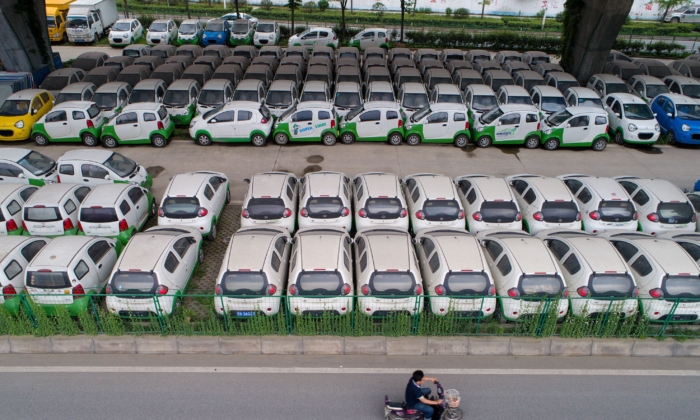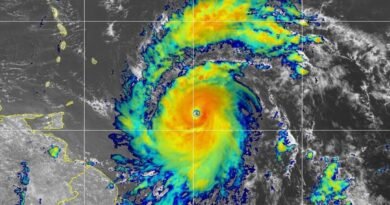EU Announces Negotiations Deadline with China on Electric Vehicle Prices has Expired
A Chinese communist regime official has arrived in Europe for negotiations.
The European Commission announced on Sept. 15 that the deadline for Chinese manufacturers to establish a minimum price on Chinese electric vehicles (EVs) as an alternative to tariffs has passed. This marks the end of a crucial phase in negotiations as the European Union gears up to vote on Chinese EV tariffs next month.
“The deadline for submitting such offers was the 24th of August, and there is no possibility to offer new price undertakings beyond that deadline under this type of investigation,” stated a European Commission spokesperson on Monday.
“The Chinese automakers concerned had several weeks before the deadline to make such a price undertaking. If they had done so earlier, it would have allowed for meaningful discussions on the topic.”
The European Commission is poised to vote on the tariffs in October. The current proposal suggests tariffs of 9 percent for Tesla, 17 percent for BYD, 19.3 percent for Geely, and 36.3 percent for the state-owned SAIC Group, in addition to the standard 10 percent duty that the bloc imposes on all imported cars.
After investigating the Chinese EV industry, the European Commission released the tariff rates, determining that the Chinese regime had subsidized the industry to the point of overcapacity, resulting in artificially low prices that could disrupt the European market.
If the majority of the 27 member states in the bloc vote in favor of the measure, the tariffs will come into effect by the end of October. Typically, trade duties remain enforced for five years once approved.
On Sept. 16, Italian Foreign Minister Antonio Tajani met with Wang in Rome. In an interview published the same day, Tajani expressed support for the duties.
Italy, a major car manufacturer in the EU, has been actively engaging with Chinese carmakers Dongfeng and Chery Auto to establish factories within the country.
According to a statement, Tajani and Wang discussed trade and foreign conflicts.
Tajani underscored the significance of China’s collaboration concerning the security of the Red Sea, a critical region for navigation freedom and export safety.
The statement also addressed the ongoing conflict in Ukraine.
“I raised concerns about military supplies to Russia,” added Tajani. “China’s cooperation is crucial, especially in light of the upcoming peace conference.”
Reuters contributed to this report.





